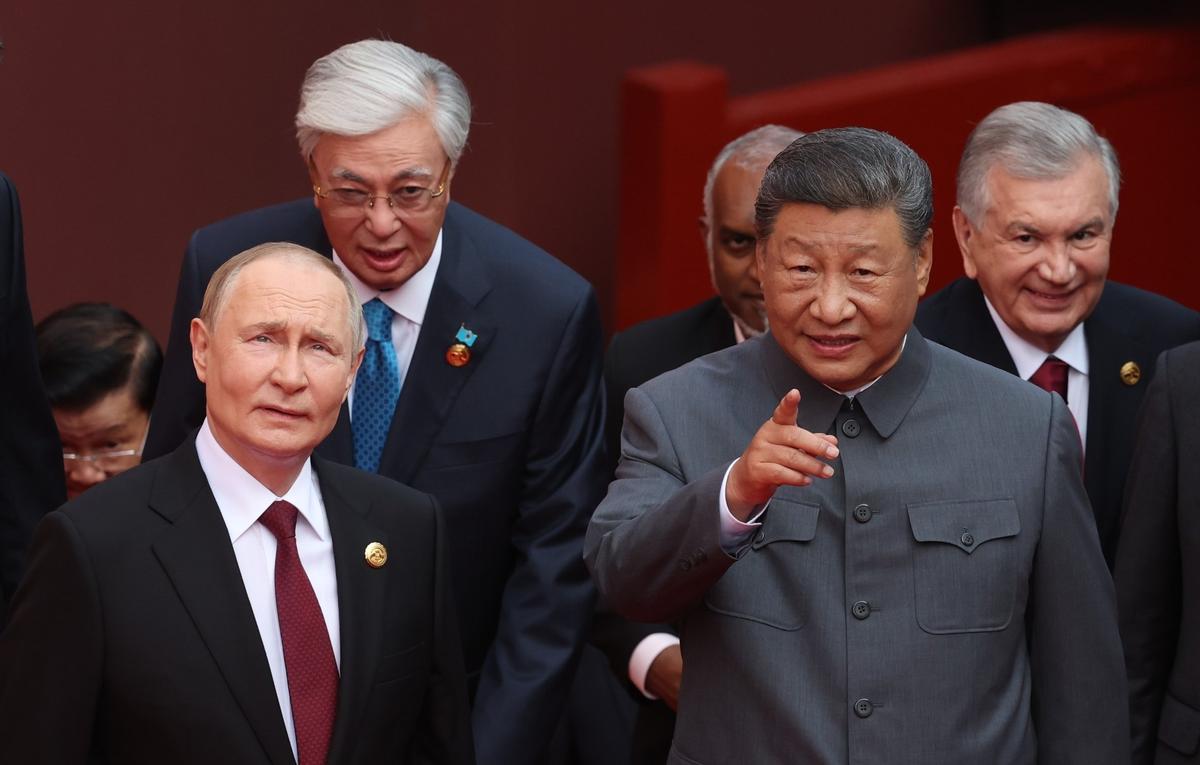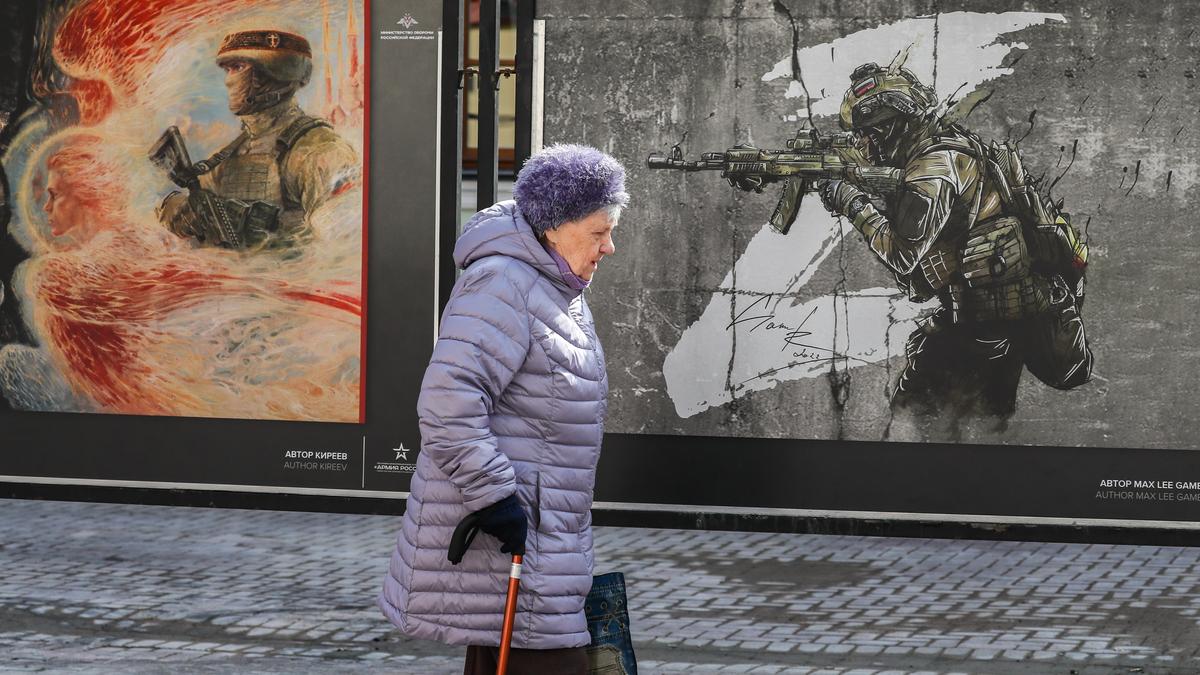Scientific research into how to stop or slow the ageing process has become a boom industry in Russia over the past few years, with the number of anti-ageing projects funded by The Russian Science Foundation (RSF), a state-run nonprofit set up in 2013 to support scientific research, growing six times since 2021 compared to the previous five-year period, Novaya Europe has calculated.
This year, according to its website, the foundation is offering annual grants worth between €41,000 to €71,700 to fund research, all of which can be extended by one or two more years if necessary. According to conservative estimates, the total RSF funding for anti-ageing research has risen from €215,000 between 2016 and 2020 to €1.8 million since 2021, though the true increase could be even greater.
The RSF was most active in its support for such projects between 2021 and 2023, issuing 34 grants in that period. The foundation awarded a grant to one project which looked into how innate immunity mechanisms affected ageing in different people and looked for markers that could help predict whether an individual would age normally or with pathologies. The authors of another RSF-supported study are trying to establish a link between certain changes in the brain and eye with Alzheimer’s disease and to find a way to prevent the disease progressing.
In 2024, the RSF’s total grants amounted to approximately €410 million. This year, the foundation has supported five medical projects related to ageing, including one examining “changes in the electrical activity of neurons in the dorsomedial nucleus of the hypothalamus in vitro during ageing”. Financial support was also provided to at least one more project on an anti-ageing-related theme, looking into cell renewal processes in the body and longevity. The project is headed by none other than Maria Vorontsova, Vladimir Putin’s eldest daughter.
Scientific journal T-Invariant noted that Vorontsova received the grant even though her Hirsch index — one of the most important indicators determining demand for a scientist’s research — is significantly lower than that of other grantees. The grant Vorontsova received was also larger than most of the others typically disbursed, and could be as high as €308,000.
Putin, now 72 years old, has increasingly shown an interest in the topic of prolonging human life and combating the ageing process. A conversation between Putin and Chinese President Xi Jinping that was picked up on a hot mic during a military parade in Beijing on 3 September in which the pair discussed ways to prolong human life quickly spread online.

Putin and Chinese President Xi Jinping arrive to attend a military parade on Beijing’s Tiananmen Square in China, 3 September 2025. Photo: EPA / ALEXANDER KAZAKOV / SPUTNIK / KREMLIN
Xi was heard to say that, according to the latest forecasts, some people born this century could live for up to 150 years. Putin, for his part, asserted that modern medicine and technology would allow people to “feel ever younger and even achieve immortality”, and that modern medicine had given “humanity hope that life expectancy will increase significantly”, adding that this would have “social, political, and economic consequences, that must be taken into consideration”.
Reuters, which initially released video footage of the conversation, subsequently deleted it and asked its clients to do the same, after Chinese state broadcaster CCTV revoked the licence for the material.
In 2024, Putin announced a new national project researching new technologies for preserving health aimed at “saving 175,000 lives” by 2030. The battle against ageing formed a significant part of the project and would focus on technological development, disease prevention, neurotechnology, biological age assessment and organ bioprinting.
Russia’s leading nuclear research institution is known for defending a number of outlandish genetic theories including the development of a so-called “Russian genome”.
Independent media outlet Meduza said Putin’s long-time friend Mikhail Kovalchuk had initiated the project. Kovalchuk, the head of the Kurchatov Institute, Russia’s leading nuclear research institution, is known for defending a number of outlandish genetic theories, including the development of a so-called “Russian genome”, suggesting the possibility of creating “a weapon that is targeting a particular ethnicity”, and accusing foreign powers of trying to create a new type of “servant human”.
Experts interviewed by Meduza doubted the project’s goals could be achieved, saying much of the science was dubious and the budget unclear, while difficulties with resources and infrastructure meant the project was more symbolic than something which could be implemented on a large scale.
The investigative journalists at Proekt reported in April 2022 that Russia’s then-defence minister, Sergey Shoigu, had advised Putin to take antler baths — a healing procedure in which a person is immersed in a warm infusion of the blood of young, not yet ossified deer antlers.
Though antler harvesting is extremely cruel to deer, the procedure is said to improve cardiovascular function and rejuvenate the skin, though neither benefit has been scientifically proven. According to Proekt, after Putin began to take antler baths in Siberia’s Altai region, the craze quickly began to spread among the Russian elite. Like the deeply superstitious Stalin, Putin is apparently content to turn his back on science when it proves itself incapable of meeting his needs.
Делайте «Новую» вместе с нами!
В России введена военная цензура. Независимая журналистика под запретом. В этих условиях делать расследования из России и о России становится не просто сложнее, но и опаснее. Но мы продолжаем работу, потому что знаем, что наши читатели остаются свободными людьми. «Новая газета Европа» отчитывается только перед вами и зависит только от вас. Помогите нам оставаться антидотом от диктатуры — поддержите нас деньгами.
By clicking the Support button, you agree to the processing of your personal data.
To cancel a regular donation, please write to [email protected]

